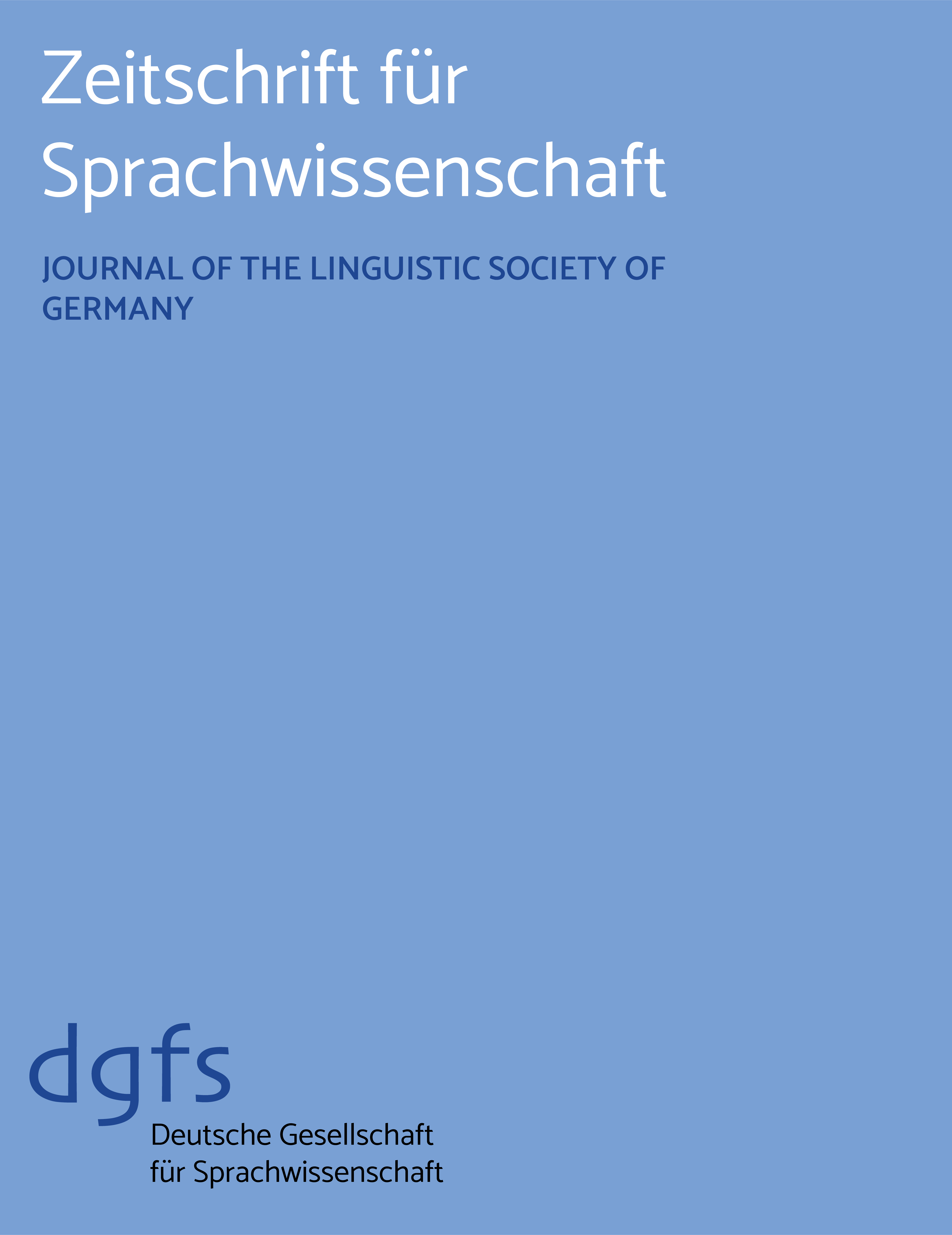Computational evaluation
Representing and processing evaluative language
DOI:
https://doi.org/10.18148/zs/2025-2003Schlagwörter:
Evaluative Sprache, Subjektivität, Sprachfiguren, Metaphern, Korpuslinguistik, ComputerlinguistikAbstract
I propose that computational evaluation is an emerging field of research, one that applies computational techniques to the representation and processing of evaluative language, associating evaluative meanings with expressions of human language. The study of evaluative language has a long history in linguistics, encompassing research on attitude, subjectivity, point of view, and evidentiality, with more recent studies on appraisal or emotion language. At the same time, computational linguistics has by now accumulated a back catalogue of research going back a couple of decades into how we can extract evaluation, sentiment, and opinion automatically from text. I briefly survey this history, to then outline a proposal that the study of evaluative language from a computational point of view crosscuts all levels of language, from morphology and the lexicon to figuration, and requires a comprehensive understanding of language. By way of illustration, I will discuss research on appraisal, abusive language online, and the use of metaphors in the expression of negative opinion. This work has applications in content moderation, detection of misinformation, or information retrieval, but it is also interesting in its own right, as a theoretical field in linguistics and computational linguistics.
Downloads
Veröffentlicht
Ausgabe
Rubrik
Kategorien
Lizenz
Copyright (c) 2025 Maite Taboada

Dieses Werk steht unter der Lizenz Creative Commons Namensnennung 4.0 International.
The article is published in Diamond Open Access (DOA) format, under the CC BY 4.0 license (https://creativecommons.org/licenses/by/4.0/).


